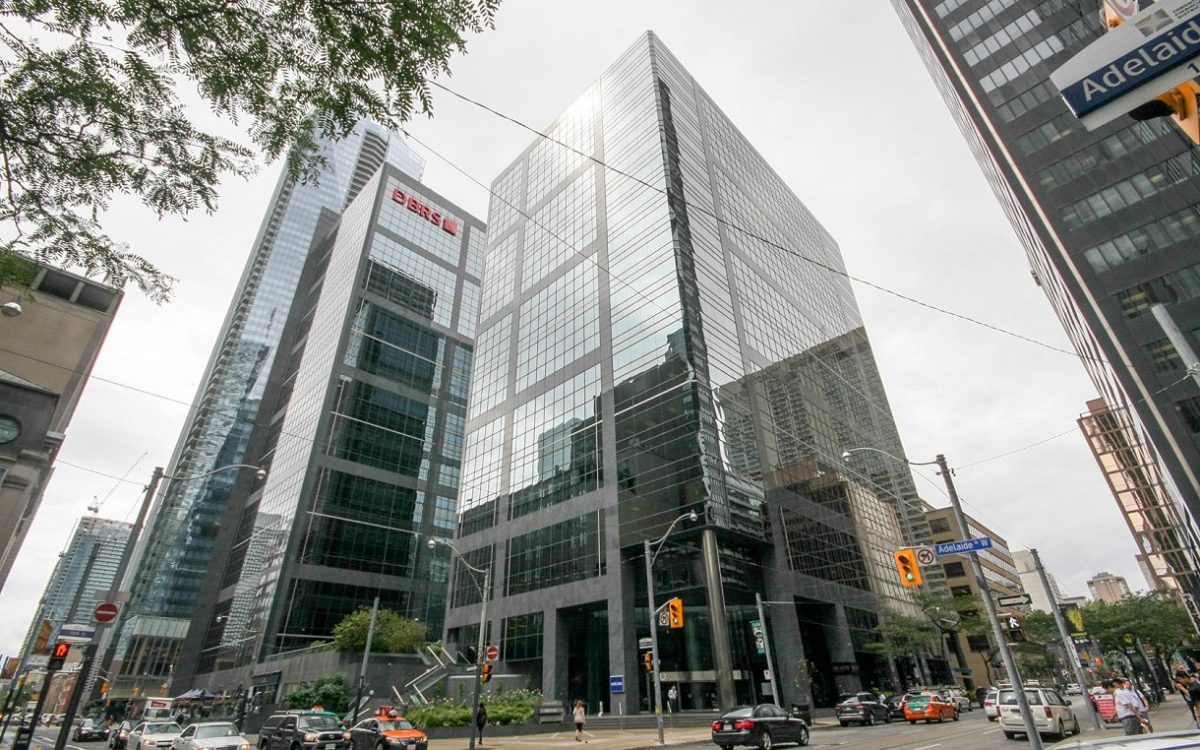The Court was asked whether the oncoming, right-of-way driver (Prince) bore even 1% liability after a head-on collision on a narrow rural road at dusk. Justice Hooper held that driving close to the center line was not negligent on these facts and that “excessive speed” is contextual and turns on conditions and traffic. Applying the sudden-emergency line of authority, the Court emphasized that a dominant driver can share fault only where reasonable care would have avoided the crash.
Liability failed on causation and proof. There was no evidence of when Prince first could have perceived the encroaching vehicle, the gap between the vehicles at that moment, how any lower speed would have changed reaction time, or what evasive options were realistically available. A robust, common-sense approach to causation cannot fill evidentiary gaps. The claim against Prince was dismissed.






